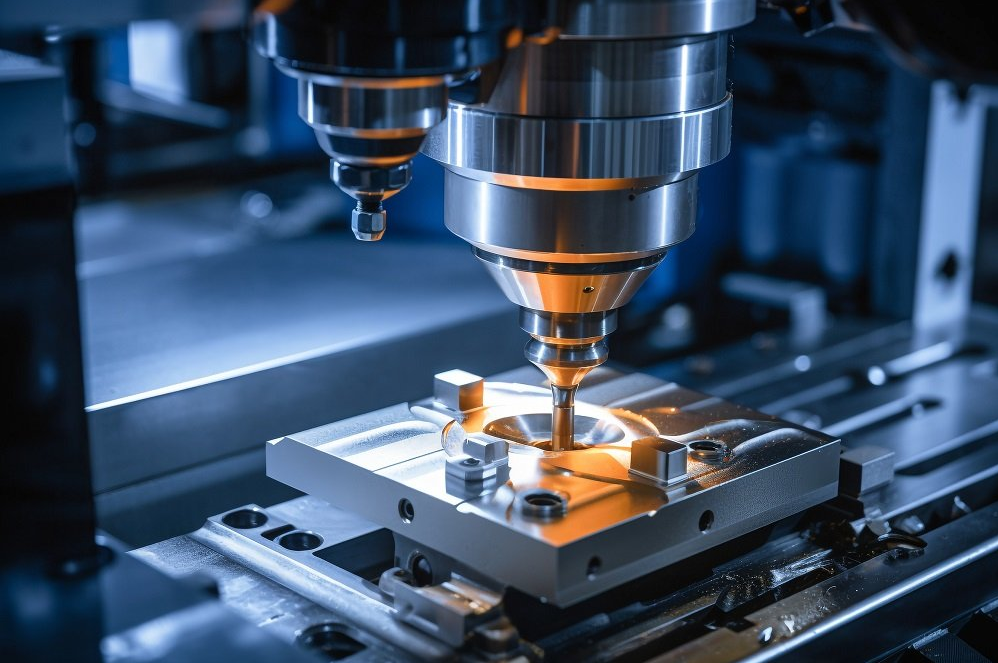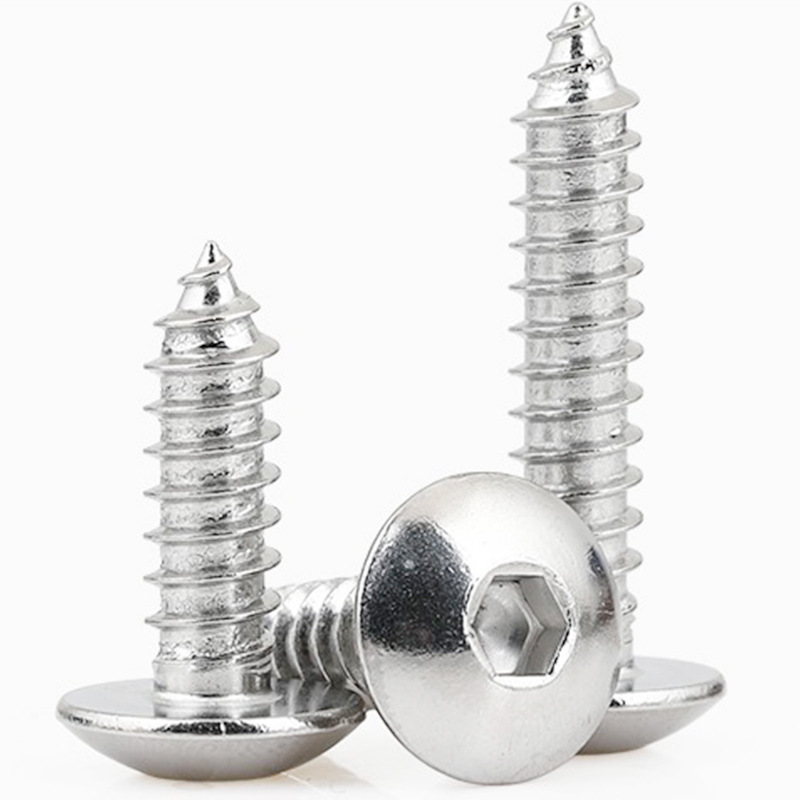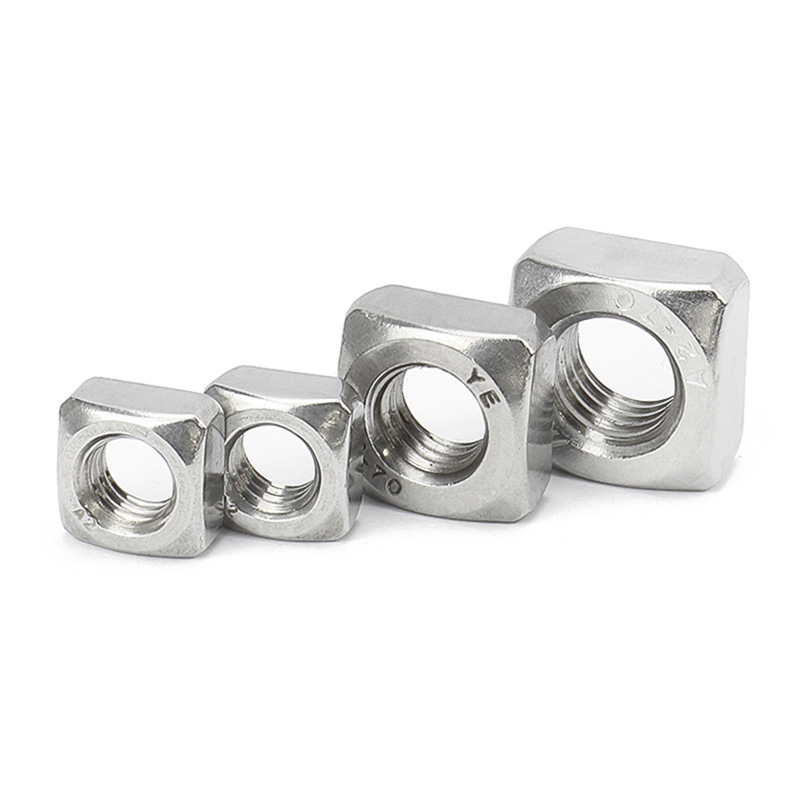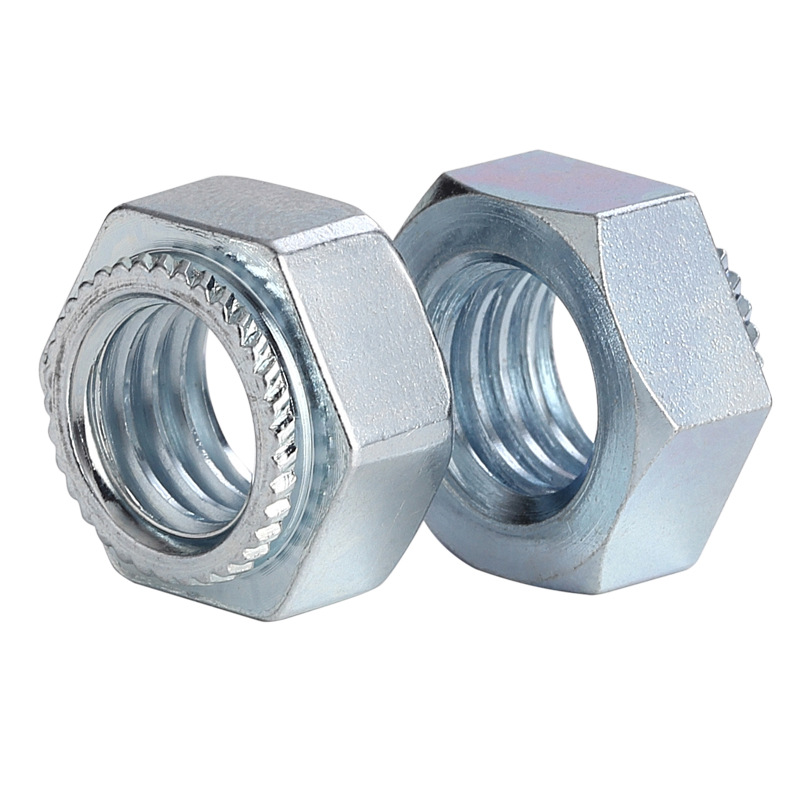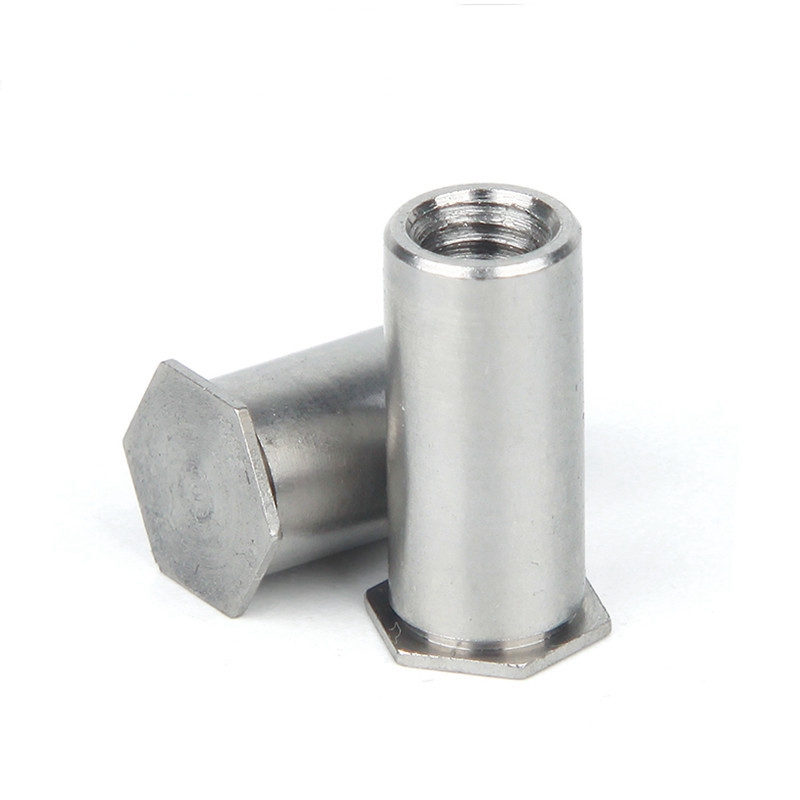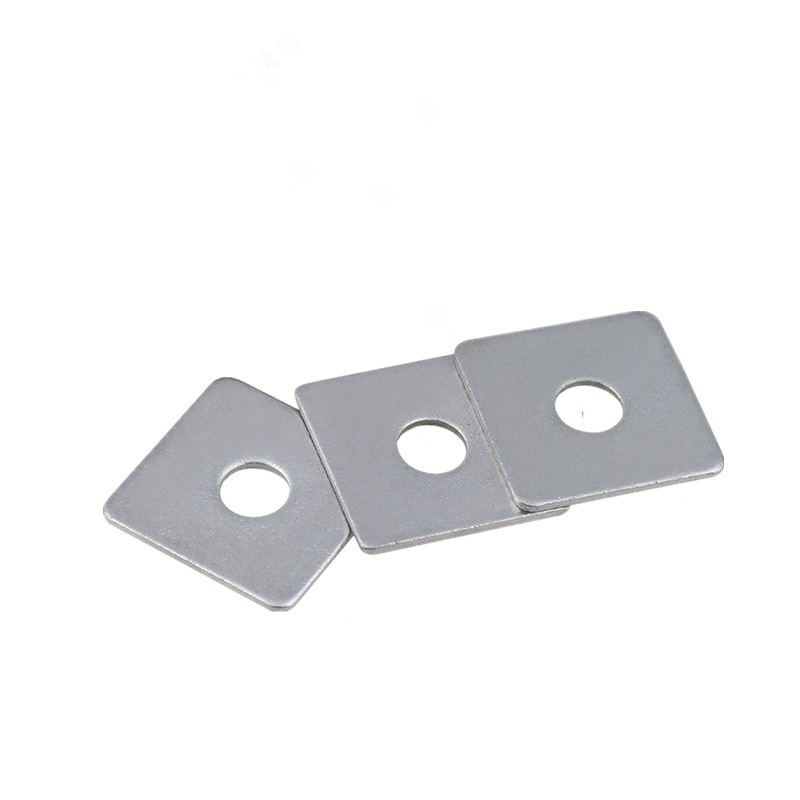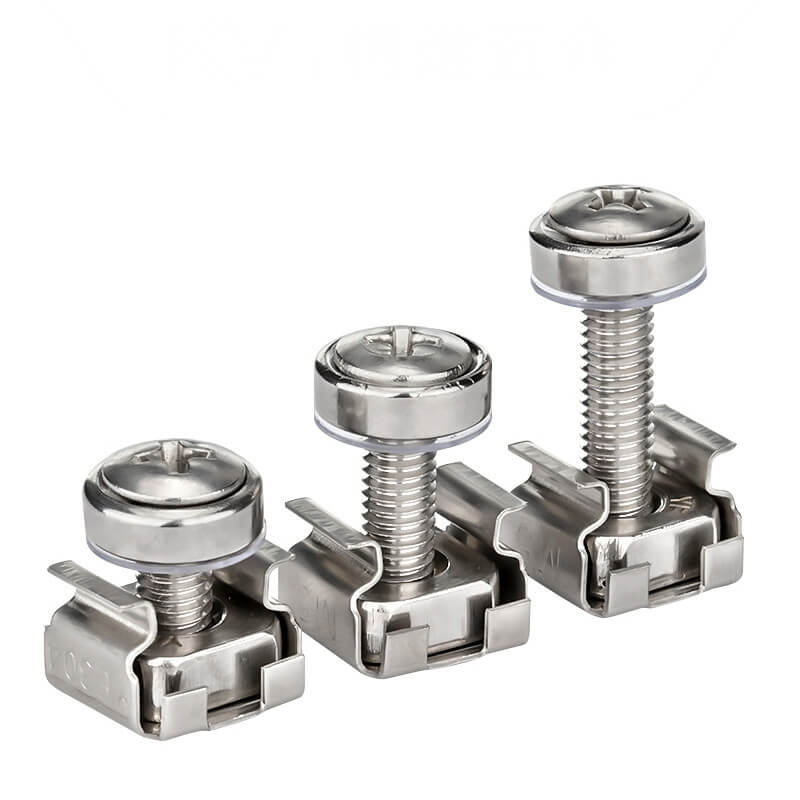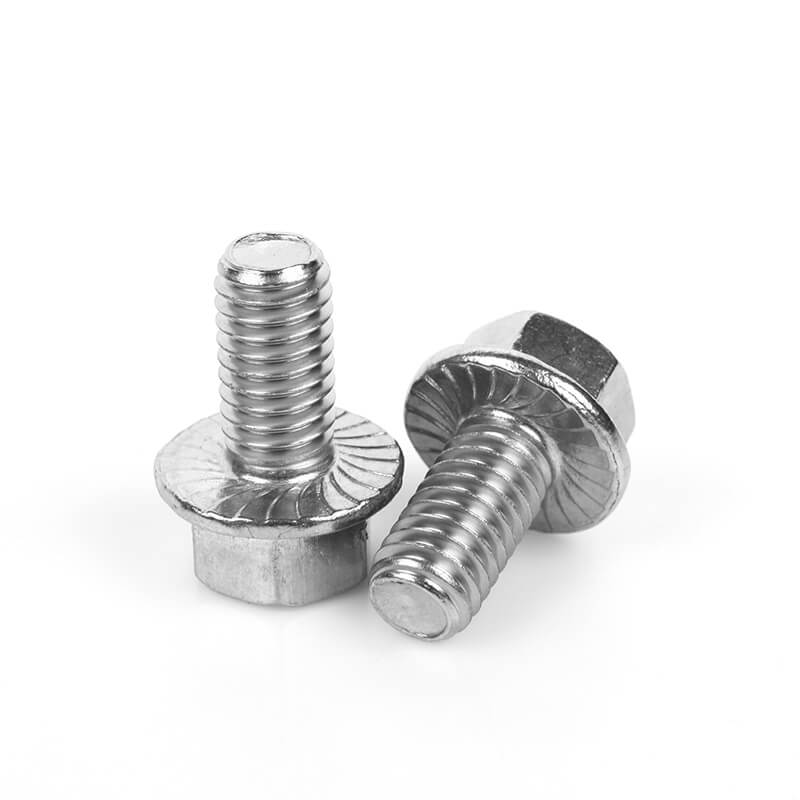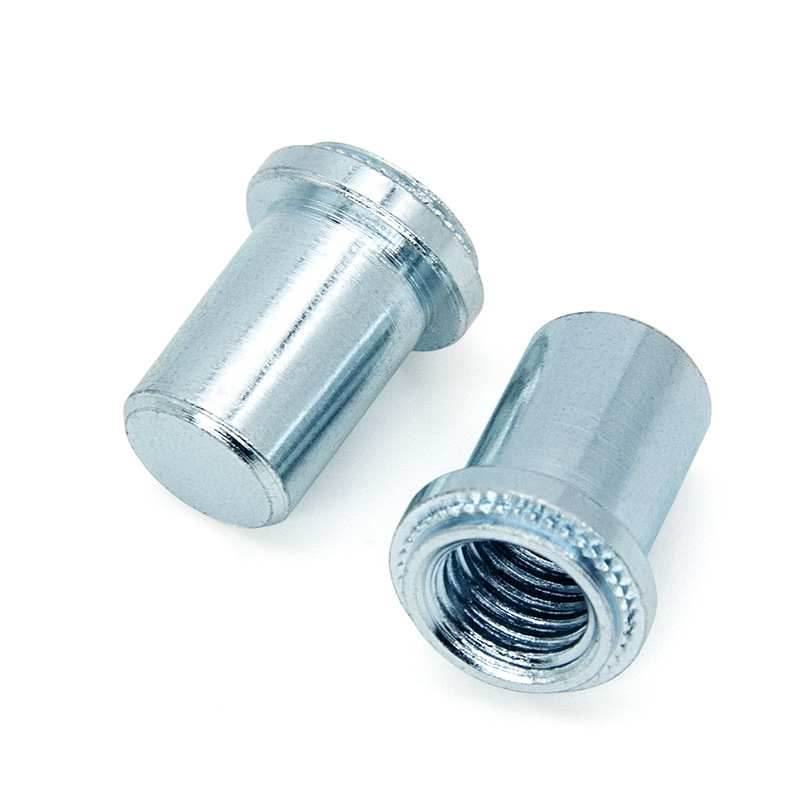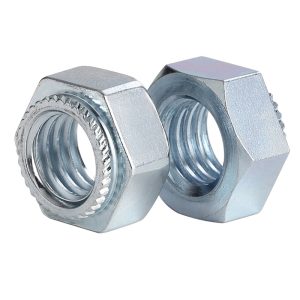
Fasteners are everywhere in our daily life and work, and they play an important role in connection and fixing. Common fasteners may be made of different materials, each with its own unique characteristics and uses. Let’s uncover the secrets behind the different materials of these common fasteners and explore their mysteries.
- Stainless steel fasteners: strong and durable
Stainless steel fasteners are the most common type, and they are widely used in outdoor and humid environments because of their corrosion resistance. Whether it is the assembly of outdoor furniture or the use in marine engineering, stainless steel fasteners can maintain their strong and durable characteristics, ensuring that the facilities are stable for a long time. - Carbon steel fasteners: excellent strength
Carbon steel fasteners are usually used in situations where high-strength support is required, such as automobile manufacturing or mechanical equipment. The manufacturing process of carbon steel fasteners gives them excellent tensile and torsion resistance, ensuring reliability under high-load environments. At the same time, carbon steel fasteners are relatively cheap and are the first choice in many engineering fields. - Aluminum alloy fasteners: light and durable
Aluminum alloy fasteners are favored for their light weight and corrosion resistance. Aluminum alloy fasteners are indispensable components in situations where weight reduction is required, such as aerospace and automobile racing. Its excellent durability also makes it widely used in outdoor decoration and other fields. - Copper fasteners: Excellent electrical conductivity
Copper fasteners are a unique choice because copper has excellent electrical and thermal conductivity. In electronic equipment manufacturing or communication facility construction, copper fasteners can ensure the stability and reliability of signal transmission. At the same time, copper has good oxidation resistance, maintaining its beautiful appearance. - Plastic fasteners
Plastic fasteners are widely used in furniture, electronic products and other fields. Their advantages are light weight and good insulation performance. However, plastic fasteners have low strength and are easy to break. They are suitable for light load scenarios, and you need to pay attention to choosing the right model and specifications.
Summary
Fasteners of different materials have their own advantages and disadvantages. It is very important to choose the right fastener material according to the specific usage scenario. When purchasing fasteners, in addition to considering price factors, you should also choose the most suitable product based on the usage environment, load and other factors to ensure safety and reliability.


